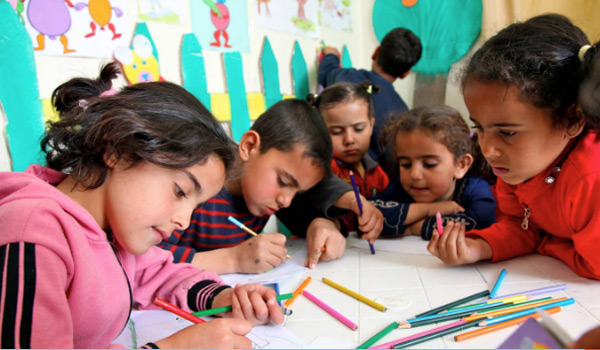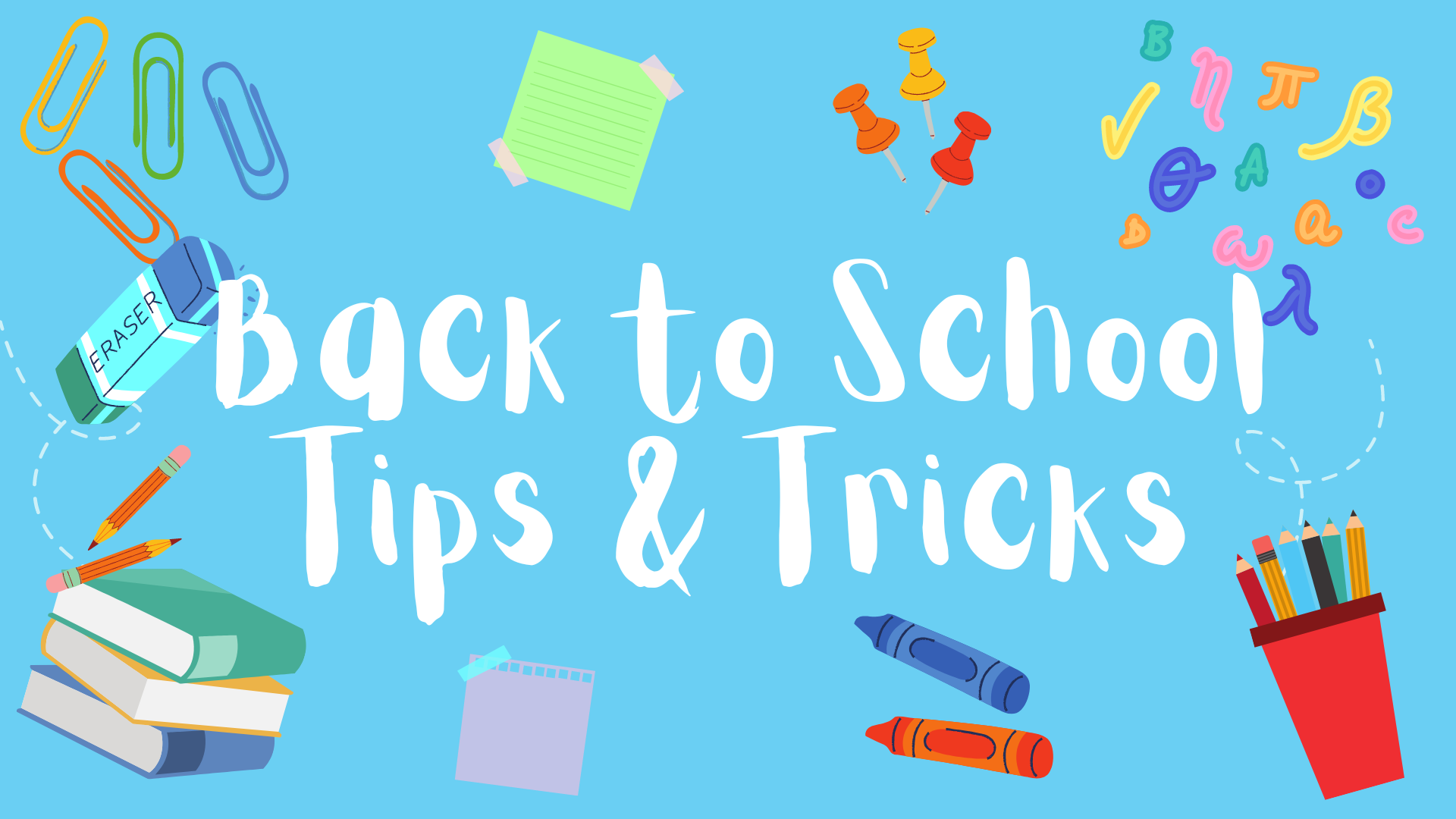Parents should expect some nervousness with the new school year, especially if a child is a new student, or is beginning a new school. Let your child know that it is normal to be a little nervous and ask them to share with you what makes them feel the most afraid. This can lead to some great problem-solving and planning skills, as well as strengthen communication skills between parent and child. Teaching your child coping skills, such as deep breathing, can help them to feel more secure as they enter a new environment.
School is not something a child typically chooses to do, so structure some easy choices into their life. Would they like to wear a blue shirt or red shirt to school? Would they like a turkey sandwich or peanut butter sandwich for lunch? This gives your child a sense of autonomy that can make school days a little easier, as well as develop decision-making skills.
Some children don’t know how to open a glue stick, or don’t know how to use a handheld pencil sharpener. Others have trouble opening a ketchup packet or can’t twist the lid off their juice at lunch time. Helping them learn to do these things before school increases confidence and reduces the chance of frustration or embarrassment in a new setting.

This can be a good safety precaution, of course, but it also adds a sense of security to know what the plan is. If Dad is taking everyone to school, but your child was expecting to ride with Mom, this can throw off their entire day. While last minute changes are inevitable sometimes, it is beneficial to share upcoming events or changes so children have time to process those changes.
Having a regular sleep and wake routine for school is essential. During the summer, this can get out of whack, due to longer days, less structured activities, travel plans, etc. Try to get your child in and out of bed at regular times, starting as early as three weeks before school starts.
Who loves homework? No one! But children AND parents can benefit from having a homework plan in place. Designate a quiet workspace for your child and try to limit distractions. Build homework expectations into other choices and activities, such as homework before electronic time, or after-school activity participation. If you notice your child is becoming frustrated, or appears tired during homework, a short break to stretch, get a quick snack, or take some deep breaths can be helpful, if not too disruptive.
School is not easy for a lot of kids, so it is always helpful to know whom to contact with a problem. Develop a communication with your child’s teacher, guidance counselor, and/or principal early. If you notice changes in your child’s school performance, or their emotional well-being, they may have additional resources to help. Your child’s pediatrician can also guide you to resources for interventions outside of school.
Emily Whaley, LPC
Licensed Professional Counselor
